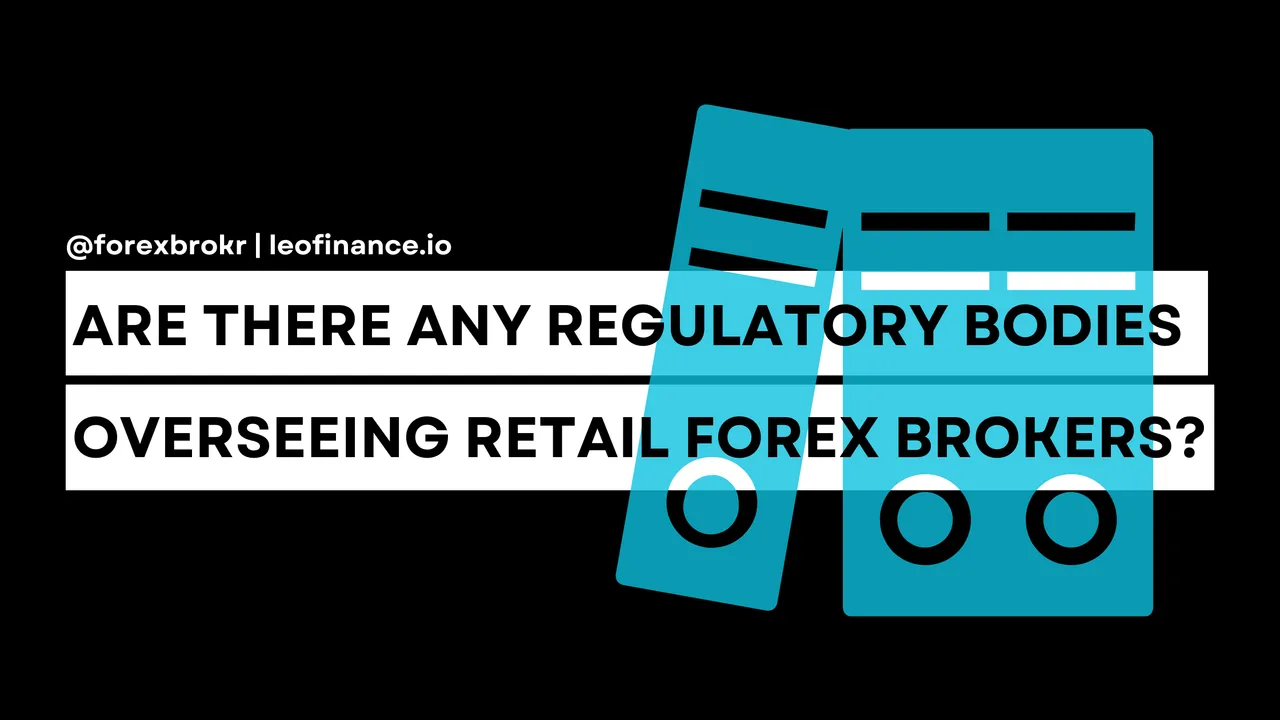
Direct from the desk of Dane Williams.
Are there any regulatory bodies overseeing retail forex brokers?
How can I verify their legitimacy and compliance?
Put simply, nobody wants to trade forex using a bucket shop for a broker (lol, there’s a topic for another day!).
Therefore, ensuring the legitimacy and compliance of retail forex brokers is of paramount importance if you’re taking your trading seriously.
A crucial aspect of this process is the role played by regulatory bodies that oversee and enforce standards within the industry.
These regulatory bodies act as guardians, safeguarding your interests and maintaining the integrity of the market.
Go to any forex broker’s website and you’ll find a regulation and security section that outlines where they stand.
But not all regulatory bodies are created equal.
Let’s delve into the significance of regulatory oversight, spotlighting some of the most reputable organisations and shedding light on the nuances that you should be aware of.
Which regulators can you trust and which should you avoid?
A shining example of a trustworthy regulatory organisation is the Financial Conduct Authority (FCA) in the United Kingdom.
Renowned for its unwavering commitment to stringent standards, the FCA meticulously oversees financial institutions.
Yep, including forex brokers.
Its rigorous approach ensures that brokers under its purview adhere to regulations, promoting transparency and accountability.
Not to mention lowering the risk of insolvency and ensuring client and company funds remain separate if the unthinkable were to happen.
Similarly, on the other side of the globe, the Australian Securities and Investments Commission (ASIC) takes a resolute stance in ensuring that forex brokers operating within the Asia/Pacific region meet the highest standards of compliance.
However, the global regulatory landscape is far from uniform.
Take, for instance, the United States (CFTC) and Japan (FSA), where regulatory environments can be notably insular.
While intended to protect traders, these regulations actually inadvertently hinder innovation by established brokers and lead to sub-standard trading conditions for citizens.
This scenario actually prompts some traders to explore offshore alternatives, where regulatory protection might not be as robust.
Completely making the point of regulating this way in the first place, mute.
This trade-off between innovation and protection underscores the need for a balanced regulatory approach that fosters both a competitive environment and trader safety.
With the needs of traders at the forefront.
Another intriguing aspect to consider is the varying levels of credibility among regulatory bodies.
While organisations like the FCA and ASIC command respect and trust, not all bodies hold the same standing.
Some regulatory designations, particularly those originating from jurisdictions like Belize (IFSC regulated) or Vanuatu (VFSC regulated), may raise eyebrows.
Traders often question the effectiveness of these bodies in safeguarding their interests due to perceived weaker regulatory standards.
It is imperative, therefore, for you to exercise caution, conducting thorough research into the regulatory framework and reputation of a forex broker before committing your money to a so called “regulated” forex broker.
Regrettably, not every regulatory claim carries the weight it implies.
Certain bodies may rely on their regulatory status as a marketing ploy rather than an emblem of robust oversight.
This underscores the necessity of distinguishing between genuine regulatory efforts and those that are merely symbolic.
The bottom line is to be informed
Summing up, the quest for trustworthy retail forex brokers necessitates a judicious approach to regulatory oversight.
Prioritising brokers regulated by open, reputable national organisations such as the FCA and ASIC is a prudent strategy.
However, the intricacies of regulatory environments across different countries and the trade-offs they entail should not be overlooked.
While some jurisdictions may offer innovation at the expense of stringent protection, others may lack the substance to back their regulatory claims.
As a trader, conducting thorough due diligence and research is the only real shield against potential risks that you possess.
Best of probabilities to you.